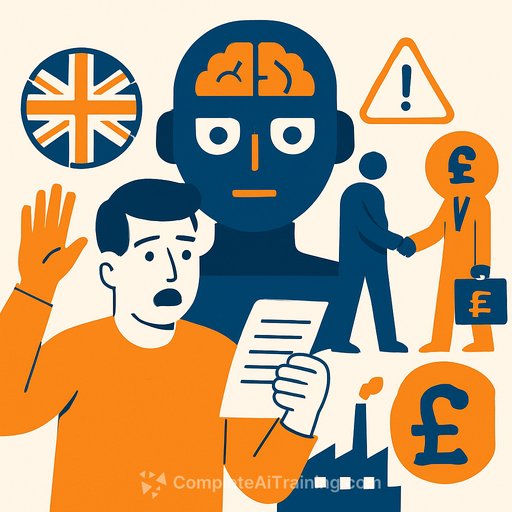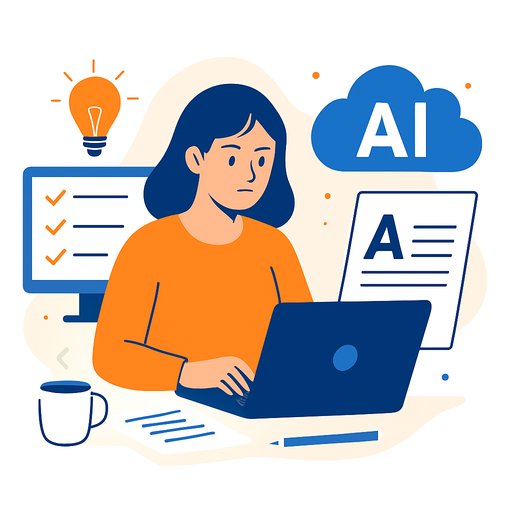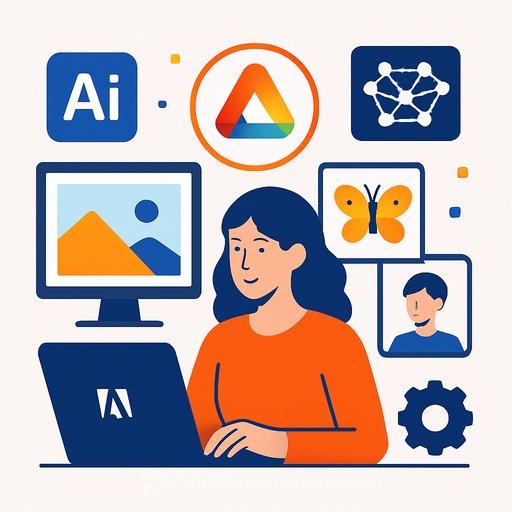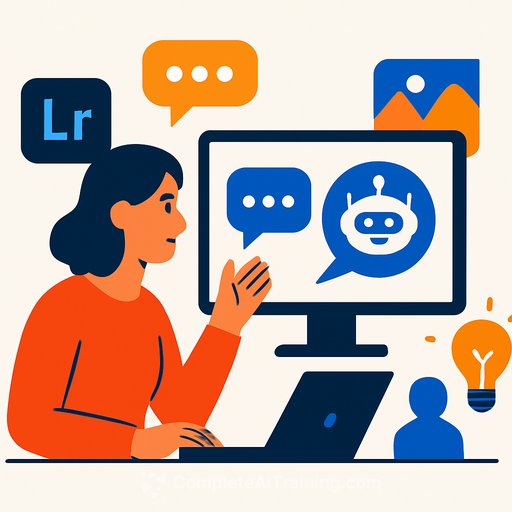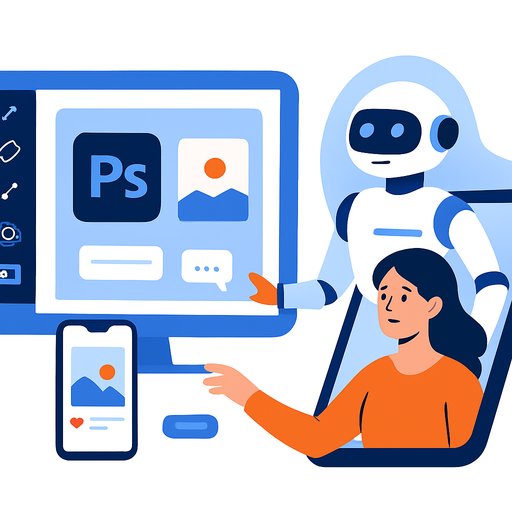UK’s Creative Sector Faces Existential Threat from AI and Government Policies
The UK’s creative industries are at a crossroads, confronting a serious threat from artificial intelligence (AI) following recent government actions. Industry leaders warn that the new Data (Use and Access) Act effectively legitimises widespread use of creative works without proper consent or compensation, putting the future of British creatives at risk.
Concerns Over Data Use and Copyright
Baroness Kidron, director of Bridget Jones, has been vocal in the House of Lords, arguing that ministers have handed over valuable UK creative assets—such as songs, films, and graphics—to foreign tech giants. She claims this exchange was made in return for short-term investments but could have long-lasting negative effects on national interests.
The Musicians’ Union echoes this alarm, warning that it might already be too late to properly compensate creators whose copyrighted work has been used without permission to train AI models. This practice, known as “scraping,” is widely condemned by artists like Elton John, who publicly criticised Technology Secretary Peter Kyle over the issue.
Economic Impact on Creatives
The UK’s creative sector contributes £124 billion to the economy and employs 2.4 million people. However, a 2024 report from the International Confederation of Societies of Authors and Composers estimates that music creators alone could lose up to $10 billion (£7.4 billion) by 2028 due to generative AI’s growth.
Industry insiders say the lack of concrete data makes it difficult to measure the full impact. Still, the scale and speed of AI adoption present an unprecedented challenge for creators trying to protect their livelihoods.
Government’s Role and Industry Response
Baroness Kidron explains that the government's stance effectively legalises large-scale theft of creative work by AI companies. These companies feed copyrighted material into their large language models to create new products, often without transparency or accountability.
Her proposed amendment sought to require tech firms to disclose when they use copyrighted content, enabling enforcement of copyright protections. She emphasises that current laws and international agreements affirm creators’ rights, but the government seems uncertain or unwilling to defend these rights fully.
The government defends the new law as necessary for keeping the UK competitive in the global AI race. An AI bill addressing copyright is expected next year. Ministers insist no changes will be made without ensuring they benefit creators, and they are reviewing public responses to a recent AI consultation.
Calls for Fair Compensation and Licensing
Baroness Kidron criticises the government for favouring Silicon Valley’s interests over those of British creatives, warning this approach could extend beyond creative industries to other sectors and public data.
She advocates for a vibrant licensing market that fairly compensates creators when their work is used by AI companies. This model would protect creative rights while allowing innovation to continue.
The Musicians’ Union, representing over 36,000 UK members, is not opposed to AI but demands stronger protections and collaboration with government. General Secretary Naomi Pohl stresses the importance of compensation mechanisms, which have historically accompanied new uses of creative works.
“It wouldn’t be difficult for the government to put additional protections in place, and that’s what we want to see as soon as possible,” Pohl said, noting some AI models have already trained on copyrighted material.
Voices from the Creative Community
- Chris Columbus, director of the first two Harry Potter films, called the situation “a little terrifying,” noting AI’s pace is outstripping society’s ability to manage it.
- Nicola Benedetti, violinist and Classic FM presenter, believes artists will continue to fight for their rights but warns this battle is ongoing and challenging.
Government’s Position
A government spokesperson rejected claims that the new laws undermine creators’ rights. They stated: “We are firmly committed to considering a range of options that help achieve our objectives. No decisions have been taken, but our focus will always be on enhancing the ability of rights holders to be compensated and paid fairly, while enabling access to high-quality material to train leading AI models in the UK.”
What Creatives Need to Know
If you work in the creative sector, understanding how AI uses your work is crucial. The current debate highlights the importance of staying informed about emerging legislation and protecting your rights.
For creatives interested in how AI impacts their work and how to adapt, exploring educational resources on AI tools and copyright is essential. You can find practical AI courses tailored to creative professionals at Complete AI Training.
Protecting your creative output in this new landscape requires vigilance, awareness, and a proactive approach to licensing and copyright enforcement.
Your membership also unlocks:

